

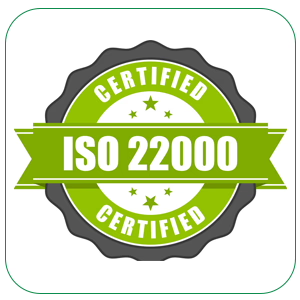
ISO 22000 is a food safety management system by the International Organization for Standardization (ISO) which is outcome-focused, providing requirements for any organization in the food industry to help improve overall performance in food safety. These standards are intended to ensure safety in the global food supply chain.
The standards involve the overall guidelines for food safety management and also focus on traceability in the feed and food chain. ISO 22000 is the most popular voluntary food safety international standard in the food industry with 51,535 total sites (as per the ISO Survey 2022). The ISO 22000 family are international voluntary consensus standards that align with Good Standardization Practices (GSP) and the World Trade Organization (WTO) Principles for the Development of International Standards.
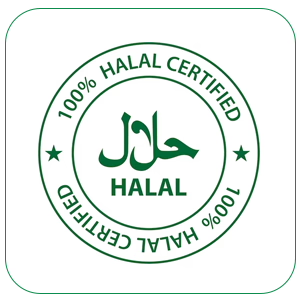
Halal Arabic: حلال ḥalāl is an Arabic word that translates to 'permissible' in English. In the Quran, the term halal is contrasted with the term haram ('forbidden'). This binary opposition was elaborated into a more complex classification known as "the five decisions": mandatory, recommended, neutral, Reprehensible, and forbidden. Islamic jurists disagree on whether the term halal covers the first two or the first four of these categories.
The term halal is particularly associated with Islamic dietary laws, especially meat processed and prepared following those requirements.
Islam generally considers every food halal unless it is specifically prohibited in hadith or the Qur’an. Specifically, halal foods are those that are.
Legal authorities certify halal products in most Muslim-majority countries, while in other countries, it is voluntarily acquired by companies and issued by non-governmental organizations for an annual fee.
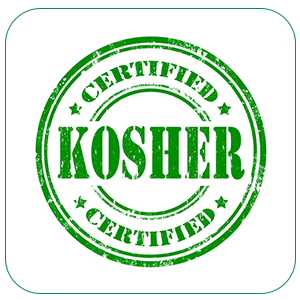
A kosher certification agency is an organization or certifying authority that grants a hechsher (“seal of approval”) to ingredients, packaged foods, beverages, and certain materials, as well as food-service providers and facilities in which kosher food is prepared or served.
This certification verifies that the ingredients, production process including all machinery, and/or food-service process complies with the standards of kashrut (Jewish dietary law) as stipulated in the Shulchan Arukh, the benchmark of religious Jewish law.
Foods – meat, poultry, fish, dairy products, fruits and vegetables, grains, beverages, and food additives.
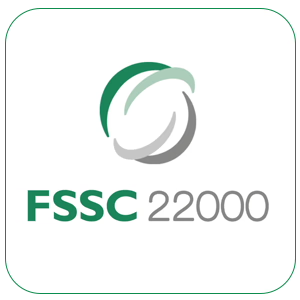
FSSC 22000, which stands for Food Safety System Certification 22000, is a globally recognized food safety management system standard. It provides a framework for effectively managing food safety responsibilities by integrating prerequisite programs (PRPs) and Hazard Analysis and Critical Control Points (HACCP) principles. FSSC 22000 is designed to ensure food safety throughout the entire food supply chain, from primary production to distribution. It provides assurance to consumers, retailers, and other stakeholders that a company's food safety management system meets international standards and is effectively controlling food safety hazards throughout the supply chain. It helps organizations demonstrate their commitment to producing safe and high-quality food products.
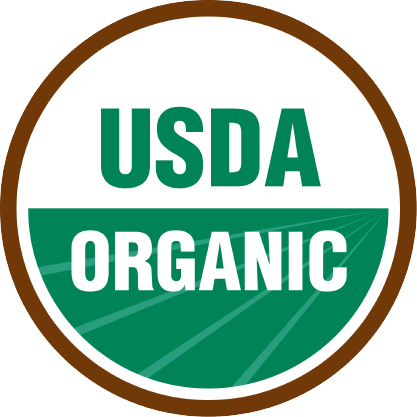
The USDA organic certification is a label given to agricultural products that have been produced using approved methods that integrate cultural, biological, and mechanical practices that foster cycling of resources, promote ecological balance, and conserve biodiversity. This certification ensures that products have been produced and processed according to federal guidelines, which typically include restrictions on the use of synthetic pesticides, herbicides, fertilizers, antibiotics, and genetically modified organisms (GMOs) To obtain USDA organic certification, producers must adhere to strict standards set by the United States Department of Agriculture (USDA). These standards cover various aspects of farming, including soil quality, animal raising practices, pest and weed control, and the use of additives. Additionally, there are specific requirements for the labeling and handling of organic products to ensure their integrity from farm to market.
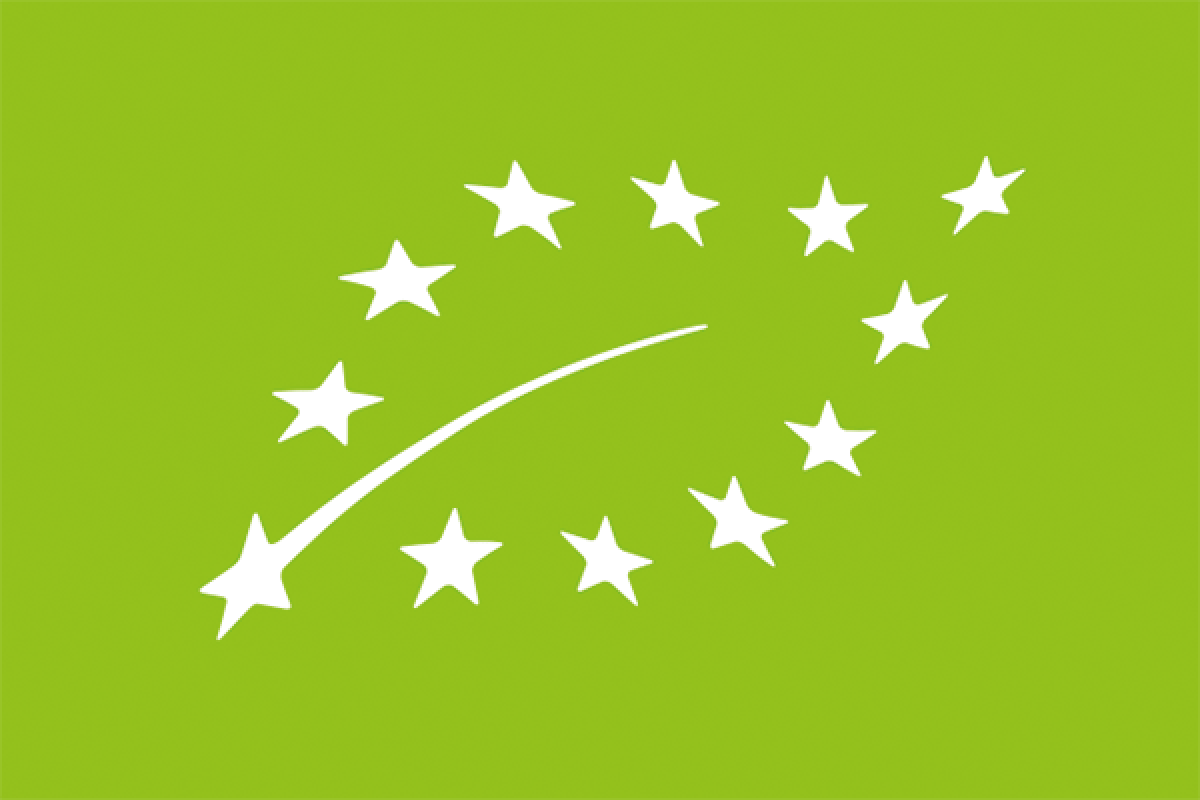
The EU Organic Certificate verifies that agricultural products meet stringent EU standards for organic farming, ensuring they are produced without synthetic chemicals or GMOs, and with high animal welfare and environmental protection standards. Certified products display the EU organic logo, signifying authenticity and compliance with some rigorous criteria. The organic logo can only be used on products that have been certified as organic by an authorised control agency or body. This means that they have fulfilled strict conditions on how they must be produced, processed, transported and stored.